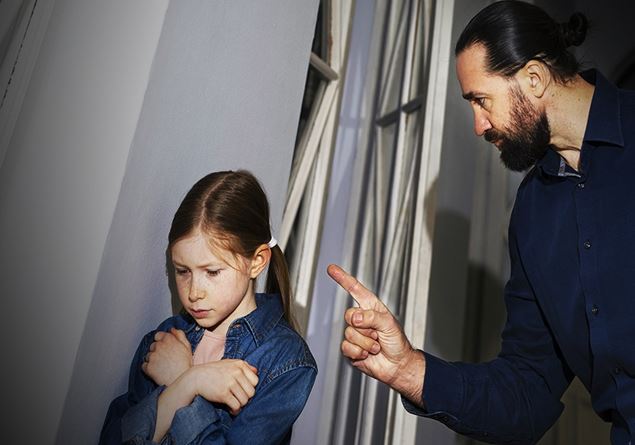We are parents of two daughters on the threshold of pre -adolescence.
Our family life is nourishing and full of many beautiful things, but I live a great difficulty compared to the attitude that my husband puts in place when he wants to regulate the two daughters. I see that he behaves very hard and also comes to humiliate and scare them. I freeze my blood when I see it changed expression and raise my voice, because I feel it really is “too”. Moreover, it is activated so much for things that are not of great importance, with an evident disproportion between the action of girls and her reaction.
It is very difficult to manifest to them affection, complicity and sympathy. And I realize that he is probably doing the same things that his dad – very severe man, great worker and passed away two years ago – did with him. How can you remedy this situation that – I feel it deeply – hurts our girls and is also moving me away – at least in part – from him?
Beatrice
Dear Beatriceyour letter is important because it helps all the parents who read us to reflect on how much difference exists between firmness And hardness in education.
Being in front of a child who needs to be corrected by his mistake, implies that the parent remains calm, use understandable words that help to understand the motivation that justifies the educational and corrective intervention.
To be hardon the other hand, is what your husband does with your daughters. Hardness involves insensitivitythat is, the impossibility of tuning himself emotionally with those who treat you in that way. The “hard” parent often uses humiliating words, who do not help a child understand his mistake, but on the contrary they serve to make him feel wrong.
There black pedagogyvery popular in the 1700s and 1800, had enhanced the coercive and frightening methods, capable of generating shame in the subject to be educated, and then revealed all the limits. Because in the experience of shame what a child learns is simply the fear towards the adult who humiliates him, developing anxiety and a sense of inadequacy which can also transform into poor self -esteem.
You are right when you write that this way of doing your husband is not good, makes your daughters suffer and makes you also suffer as a mother. It is important that you talk about it with your pediatrician and that you ask for help from a family consultancy of your territory.
Probably, as you write, your husband is putting on his parenting scene an experience that he also lived as his father’s son. These are those who Daniel Siegel Call the Errors not to be repeated In a beautiful book (Cortina Editore) that I recommend you read.


